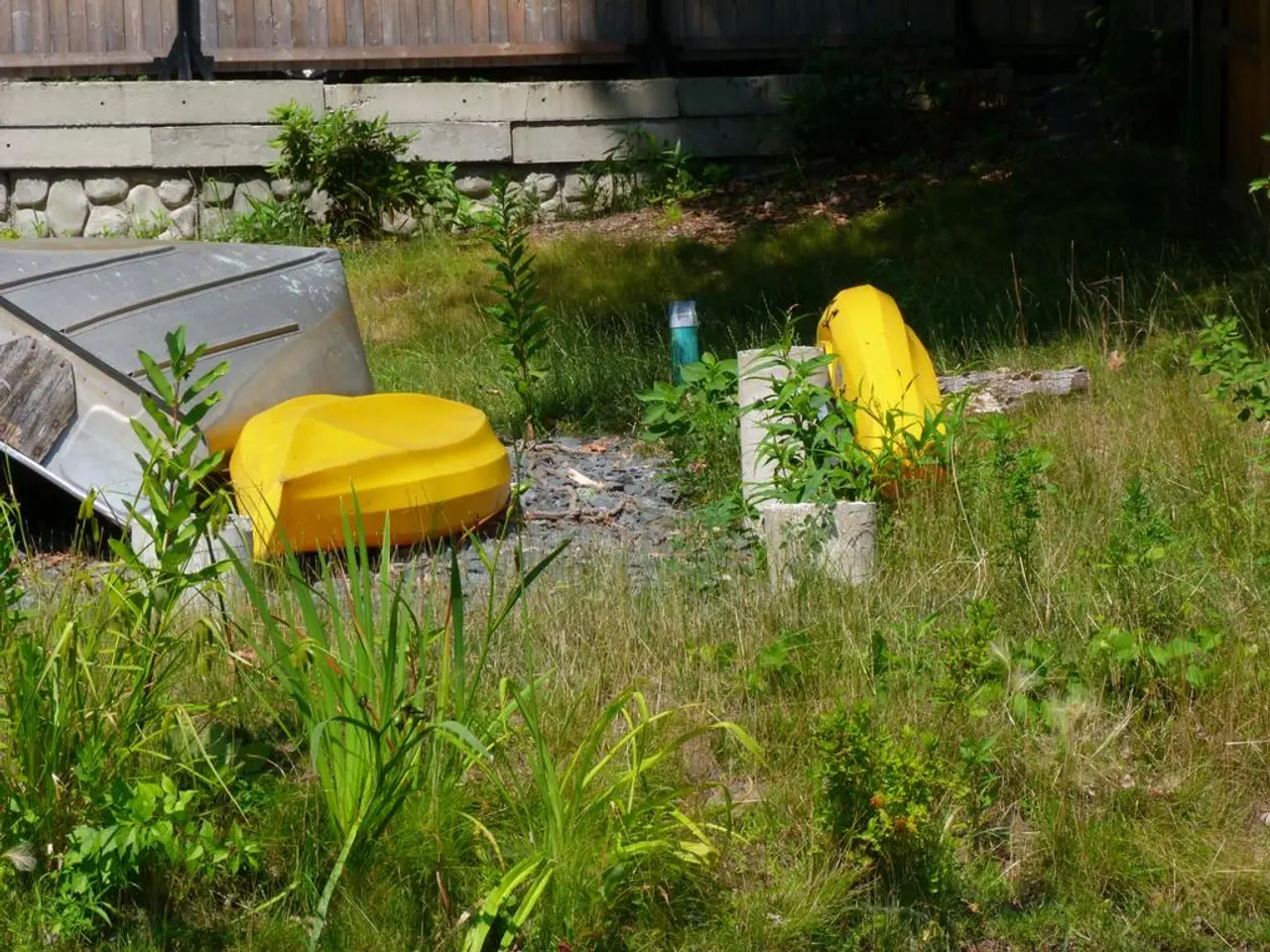Construction on Trump's "Alligator Alcatraz" has been halted by the court.
In the heart of the Everglades, the largest subtropical wilderness in the USA, a migrant detention center, informally known as "Alligator Alcatraz," has been causing quite a stir.
The facility, which was opened by US President Donald Trump at the end of June, has been the subject of numerous legal challenges. Environmental protection organizations have filed a lawsuit against the construction of the detention center, warning it endangers the ecosystem of the Everglades. The construction required the paving of more than eight hectares of wetland area, a move that critics argue could harm protected plants, animals, and billions of dollars in environmental restoration efforts in the Everglades.
The lawsuits argue that the construction and operation jeopardize the ecosystem of the Everglades and imperiled species that inhabit it. A federal judge is considering issuing a preliminary injunction to stop the project, but no ruling had been made by early August 2025.
In addition to the environmental concerns, there are parallel legal actions regarding poor detention conditions and violations of detainees’ rights at the same center. Prisoners in the facility have complained about appalling conditions, including insufficient meals and sleep deprivation due to the lights in the facility being on 24 hours a day, making sleep almost impossible. Reports of overcrowding, unsanitary and unsafe living conditions, and constitutional rights violations have also surfaced.
The Trump administration and Florida state authorities have defended the detention center, with officials asserting it meets or exceeds federal detention standards. However, reports from detainees and advocacy groups contradict these claims. Some prisoners describe the facility as a "powder keg."
The detention center, currently housing migrants awaiting deportation, can house thousands according to the White House. It was set up in the Everglades, a move that has been controversial due to the potential environmental impact and the alleged poor detention conditions.
The operation of the detention center remains unaffected by the court halt, which is to investigate whether the construction of the center violates environmental protection laws. The court's decision could have significant implications for the future of the facility and the protection of the Everglades ecosystem.
[1] Friends of the Everglades v. Department of Homeland Security [2] Center for Biological Diversity v. Department of Homeland Security [3] ACLU v. Department of Homeland Security [4] Southern Poverty Law Center v. Department of Homeland Security [5] White House Press Briefing on Migrant Detention Center
The European Union, following the controversy surrounding the migrant detention center in the Everglades, known as 'Alligator Alcatraz', has expressed concern over the potential environmental impact. [1] 'Friends of the Everglades' and other environmental protection organizations have filed lawsuits, warning that the construction of the center could harm the delicate ecosystem. [2] 'Science' and 'environmental-science' have been used to highlight the possible threats to protected plants, animals, and the vast restoration efforts in the Everglades.
Meanwhile, the political landscape surrounding the detention center is complex. [3] 'ACLU' and others have filed lawsuits regarding poor detention conditions and violations of detainees’ rights. [4] The ongoing legal battles are a reflection of the turbulent 'politics' surrounding the center, with conflicting reports about the conditions within.
While sports are not directly involved in this situation, one could argue that the migrants held in 'Alligator Alcatraz' are fighting an ongoing 'sports' match against adverse conditions. Their struggle for basic rights and fair treatment can be seen as a challenging 'game' they are forced to play, with their liberty at stake.







